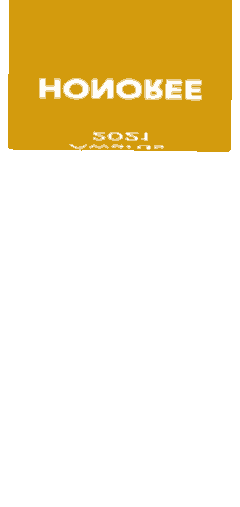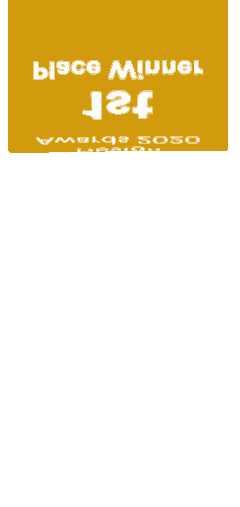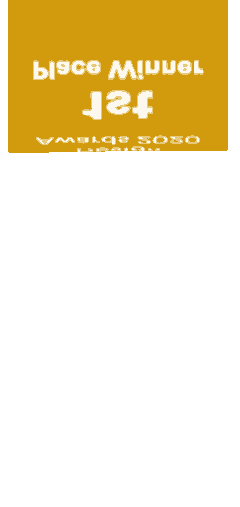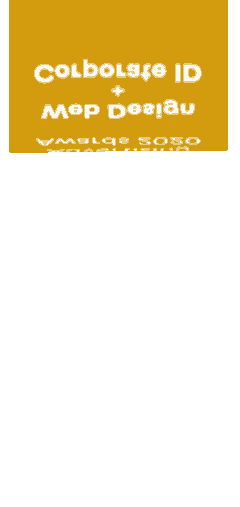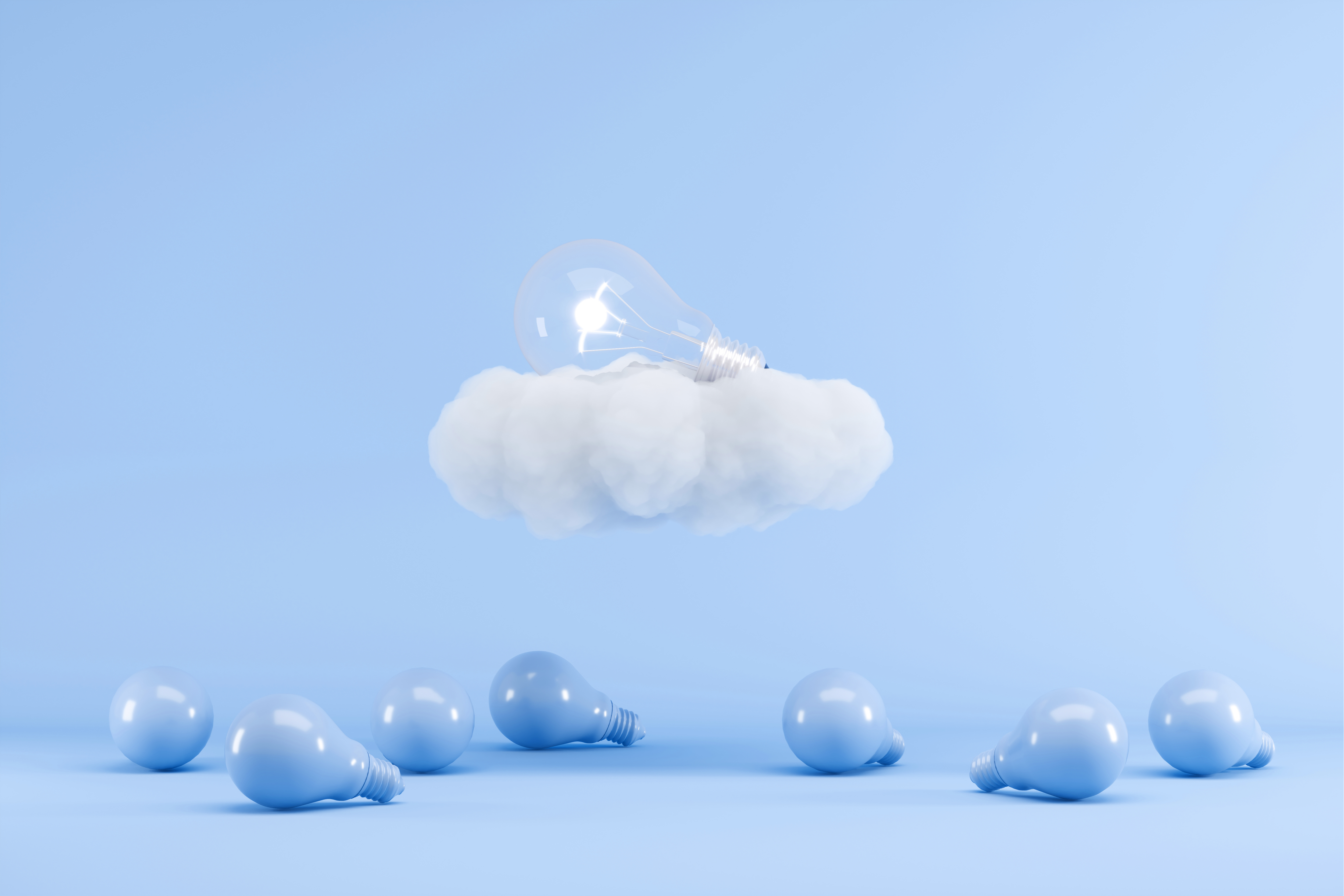

The New Way of Keeping Sane: Have A KitKat, Take a Bubbly Bath with a BMW!
 21 September 2020
21 September 2020
 8min.
8min.
If you have heard the word ‘’Covid-19’’ before and have been living on earth for the past seven months, these might resonate: While trying to make sense of an e-mail on the 4th read (at your home office) haven’t you said to yourself ‘’I feel like I’m losing my mind!’’ amid all the children’s noise? Haven’t you wanted to shout at the top of your lungs ‘’I need a break!’’? Haven’t you dreamt of a single walk in the woods? Haven’t we all?
The demand for mental care has escalated big time in recent years; especially given increasingly chaotic circumstances and resulting stress levels of modern life. While still stigmatized even in advanced cultures, numbers show the demand for better mental health is booming on all fronts. Self-development books are selling harder, yoga mats are going out of stock, meditative apps are being downloaded by millions… Just to put a figure out there, in the US alone, the meditation market is predicted to reach $2.08 billion in value by 2022. Another striking example is that as coronavirus decimated the global economy, mental health firms raised a record $576 million in the first quarter of 2020; a figure 60 percent more than any previous quarter, according to CNBC. And just like any other trend, where a certain type of demand is unquestionably growing, brands took notice.
When the Pandemic Hit
Being exposed to a pandemic that impacted (and still does so) our normality on every level, changed the ‘dealing with stress’ game forever! The research firm Ipsos explains the situation for American consumers as follows, “when we look at those who have self-isolated, (we see) more challenges in mental and emotional well-being (as opposed to physical well-being)” – a natural reaction to being “cooped up in our place of residence.”
Under the ‘new normal’ circumstances, where the only serenity moment we’ve had for a week could surely be eating a chocolate bar or the only resilience we could find could emerge when tuned into Head Space app, a brand’s connection to our non-physical well-being matters more than ever!
Brand Your Way to Your Inner Peace
Take KitKat for example. The world-famous chocolate wafer recently repurposed its ‘’Have a Break’’ slogan to read “Have a Break, Ask R U OK?” on the pack. As the coronavirus situation started feeling like an unending journey, the brand seized the opportunity to leverage its tagline for a deeper purpose by working with the Australian suicide prevention charity ‘‘R U OK?’’. KitKat encourages people to share a break while reminding consumers that a conversation could be the start of healing.
Meanwhile, in a totally different industry, BMW took its audience to a multi-sensory ‘’Calm Wash’’. The luxury brand released a YouTube video where the audience ‘experiences’ a BMW X7 being washed. While the video clip promises a soothing soapy, bubbly relaxation, the color tones and the music used in production truly aim to contribute to the mental well-being theme.
Backpack maker JanSport is also trying to help with #LightenTheLoad which they launched in May at the start of lockdown days. The campaign targeted Gen Z by trying to provide them support during unprecedented times. JanSport partnered with mental well-being experts and hosted Instagram Live sessions discussing topics like isolation, family, and uncertainty.
Guide Support Educate
Under the circumstances, it is meaningful, purposeful, and (of course) profitable for brands to approach the mental well-being territory. We may also say it is necessary. Remember the model who silently staged a protest on the Gucci Spring/Summer 2020 fashion show? Ayesha Tan Jones, who identifies as non-binary, appeared on the catwalk with the words "mental health is not fashion" written on their palms. "We are constantly being judged for our bodies and our image, and although we are privileged, in many ways, we also have fragile mental health issues.’’ were Ayesha’s exact words. The Gucci model donated their catwalk earning to mental charities.
One can think about ‘the mental well-being issue of today as mainstream and needed as working out regularly or taking vitamins. Given the undeniably recognized need, brands are finally embracing mental well-being and use the power of emotion and communities to create appeal and engagement. In doing so, they should back up their offers with the means of technology as technology is totally changing the scene for the mental well-being market. In a world where even Barbie partners with Head Space to give us guided meditation sessions on Instagram, the direction towards where the demand is going pretty clear!
However, much like anything else, the key here for a brand is to make its audience believe that its moves are genuinely sincere. That it truly wants to be of support, is willing to go the extra mile for the cause and be a part of the ‘healing’ process. Not only that though…
When it comes to mental well-being, guiding the consumers and educating them is also crucial. Therefore, the content, the campaigns, and the communication brands put out there should not only shed a light on the matter for the sake of relevance but actually help pave the way to personal peace in partnership with experts.


